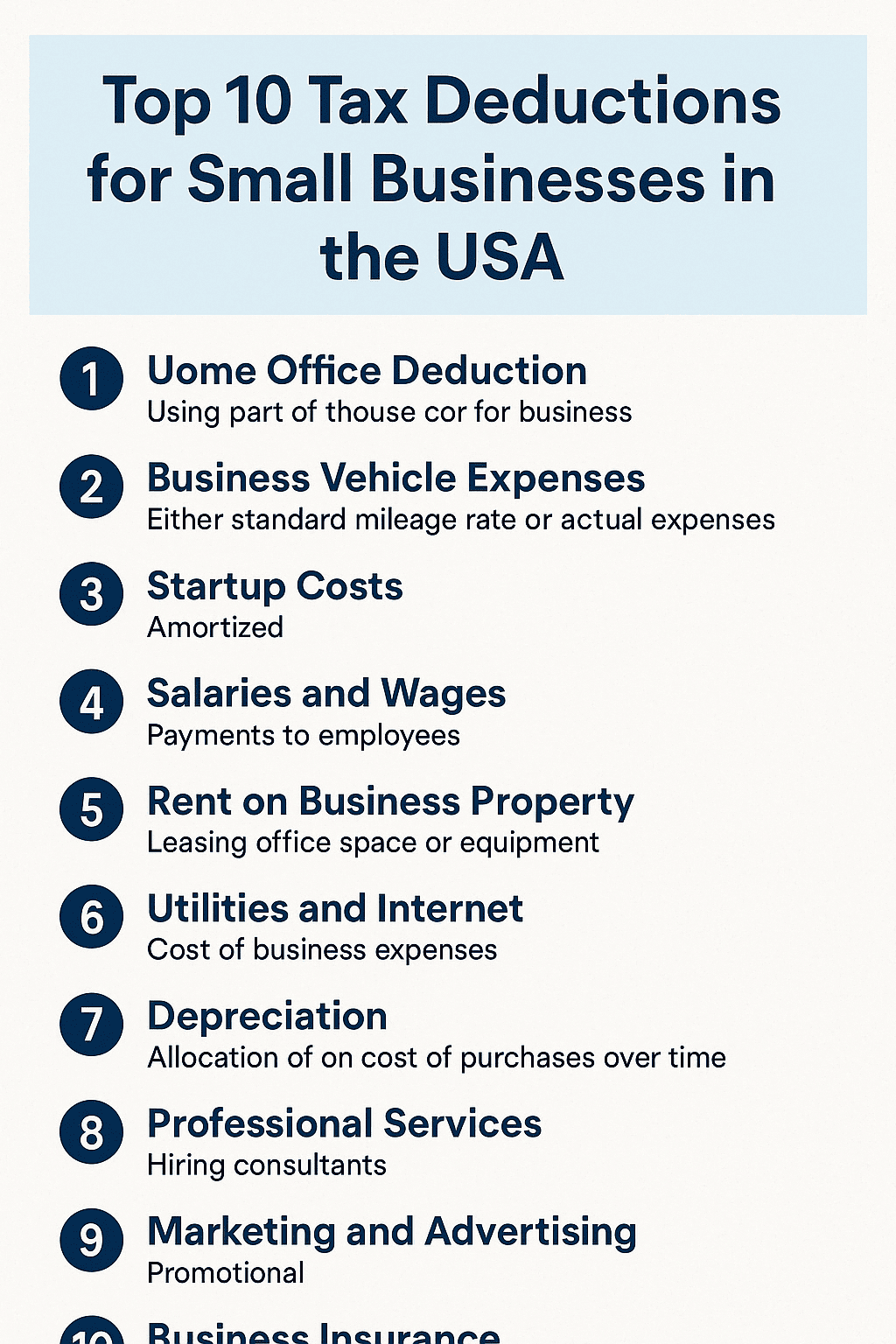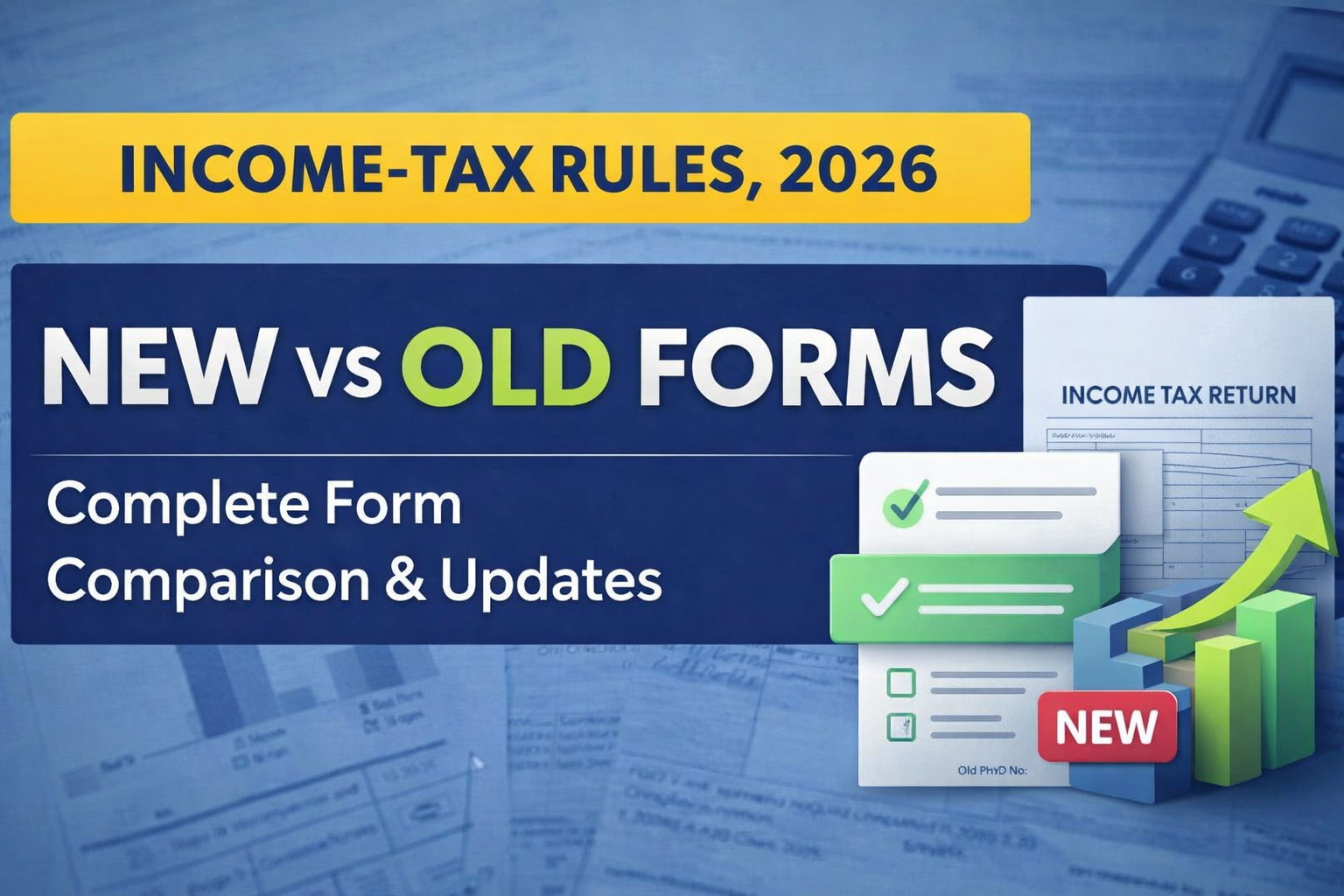1. Home Office Deduction
If you use part of your home exclusively and regularly for business, you may qualify for a home office deduction. This can include a portion of your mortgage interest, rent, utilities, property taxes, and repairs. The IRS allows both simplified and actual expense methods.
- Tip: Document the square footage used and maintain a floor plan for IRS records.
- 2024 Standard Mileage Rate: 65.5 cents per mile (verify annually).
- Include market research, advertising before opening, and business licenses.
- Ensure all payroll taxes are filed and paid on time to avoid penalties.
- Keep copies of all lease agreements and payment confirmations.
- If using a personal phone line for business, deduct only the business-use portion.
- Track asset purchase dates and consult with your CPA for optimal strategy.
- Ensure that services are directly tied to your business and are well-documented.
- Save invoices and campaign results for audit protection.
- Ensure policies are in the business's name and used exclusively for business coverage.
2. Business Vehicle Expenses
If you use your car for business, you can deduct either the standard mileage rate (set annually by the IRS) or actual expenses (like gas, repairs, and depreciation). Ensure proper logbooks and receipts are maintained.
3. Startup Costs
Business owners can deduct up to $5,000 in startup costs and $5,000 in organizational costs (like legal fees or state incorporation fees) in the first year, with the remainder amortized over 15 years.
4. Salaries and Wages
Employee wages, bonuses, commissions, and employer-paid benefits (like health insurance) are fully deductible as business expenses.
5. Rent on Business Property
Rent paid for office space, storefronts, or even equipment is deductible. This also includes shared workspaces if used exclusively for business.
6. Utilities and Internet
Utilities such as electricity, phone lines, water, and internet access related to your business location are deductible.
7. Depreciation
Depreciation allows you to deduct the cost of big-ticket items—like machinery, vehicles, or office furniture—over their useful life. The Section 179 deduction and bonus depreciation options may allow you to write off the entire cost upfront.
8. Professional Services
Fees paid to accountants, consultants, attorneys, and other professionals for business services are deductible.
9. Marketing and Advertising
All promotional expenses—whether it’s digital ads, print media, social media marketing, or website development—are fully deductible.
10. Business Insurance
Premiums for business-related insurance policies (e.g., liability, property, malpractice, cyber risk) are deductible.
📝 Final Thoughts
These deductions can greatly reduce your taxable income, but documentation is key. Always keep accurate records, receipts, and logs, and work with a qualified tax professional to ensure compliance and maximize your benefits.
Staying informed about tax-saving opportunities not only helps your bottom line but also ensures the financial health and growth of your business.




